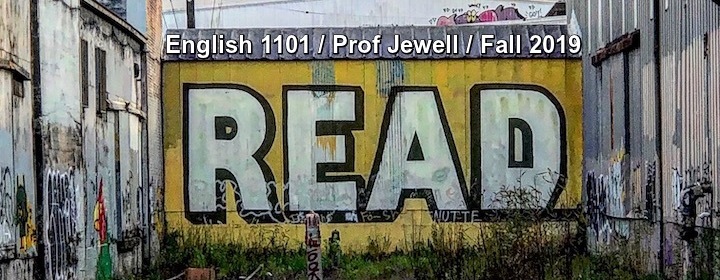Joker is currently at the top of the box office as of October 10th, 2019, and people are saying its one of the best movies they had ever seen, some saying the opposite, with words such as bland or bleak and others saying to not take your kids to it. One reviewer opens up with “Are you kidding me?” As said in a post on the New York Times, the reviewer states that the title is at first just a boring title. Expecting the Joker to be much more dangerous and
“clowny”, but instead says that it’s: “an empty, foggy exercise in second-hand style and second-rate philosophizing”. Also saying that the movie doesn’t come out of its shadow or is too scared to. He just finds the movie to be unfunny and boring, and wonders if that’s the joke hidden within the movie.
Category: Rhetorical Analysis
Rupi Kaur Poetry book “the sun and her flowers”
In the book ,”the sun and her flowers”, Rupi Kaur describes the themes of relationships, self love, culture and healing divided in five chapters which she calls them wilting, falling, rooting, rising, and blooming. The book is filled with poems starting with one describing about moving on from a relationship where the narrator still loves the person who left. She describes her life to be drastically different and sad without this person and finds it difficult to readjust, making the reader or this person feel tremulously sorry for the narrator. As the book progresses she slowly heals and soon realizes the self love she needed, as if the person reading it is growing with her. She uses a lot of symbolism in her book starting with the flowers in the title, then symbolizing her healing process as the stages of a growing flower , which are also the names of each chapters. “it isn’t what we left behind that breaks me, it’s what we could’ve built, had we stayed”, this is just one of the poem’s from the first chapter “wilting” describing how she mourns the loss and tries to move on but can’t.
“John Keats Love Letter To Fanny Brawne” Steven Polanco
John Keats wrote this letter to his loved one which actually was his neighbor Fanny Brawne as the title said. He was telling her how much he loved her by describing his emotions and telling her that he was insecure of what she actually felt for him. To add, he wanted her to feel the same way he felt that’s why he wrote with a tone of hopeless trying to persuade her to give him or show the same love he shows her, a quote that shows it says “My sweet Fanny, will your heart never change?”. Keats proceeded to achieve that by telling her things that as a lover will make him look more credible and will help him achieve his purpose. The ways he ended the letter when he said “My Love is selfish – I cannot breathe without you” works pretty well because he lets her know that he’ll keep loving her forever and this may had help her understand that he was telling he about how he felt, was real.
Due Friday, Oct 11: Rhetorical Analysis of One Text in Your Chosen Genre
Here is your opportunity to practice the rhetorical analysis we started in class! After reading the Annotated Bibliography prompt, do some research and thinking before you decide which genre you want to become an expert on in Unit 2. Then, choose a text that falls within that genre and rhetorically analyze it in this post. (Check out the Annotated Bibliography prompt again to review the features within and surrounding your text that you should consider when doing your rhetorical analysis).
Be sure to identify your chosen genre in your post’s title. Oh–and check the “Rhetorical Analysis” category when publishing your post.
For extra credit, respond to 3 of your classmates’s posts, offering ways you think they could enrich their rhetorical analysis and/or recommending other texts within their genre that they might consider for their annotated bibliographies.



